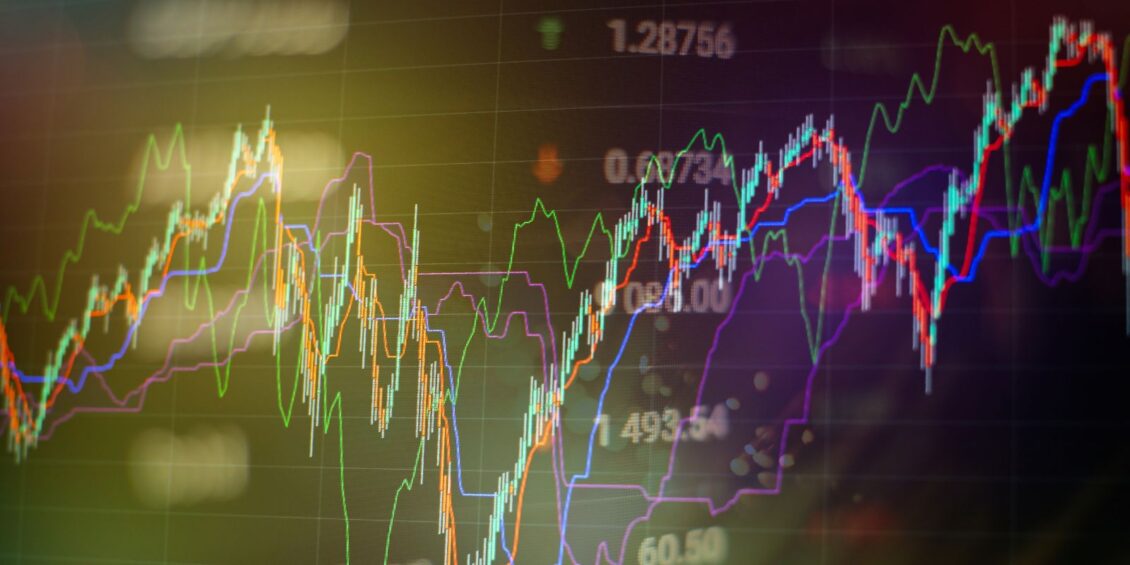The global oil market plays a pivotal role in the world economy, powering industries, transportation, and households alike. As this industry operates on a vast scale, it necessitates robust regulations to ensure fairness, transparency, and environmental responsibility. This article delves into the intricate world of oil trading regulations, exploring the global market landscape, international regulatory frameworks, key regulations, compliance challenges, best practices, and the future of oil trading regulations. Interested to get started with oil trading but not sure how and where to start? Oil Loophole Group which is an oil trading platform is built to overcome the complexities involved in oil trading thus making it easy for novice traders to make informed decisions.
The Global Oil Market Landscape
Overview of the Global Oil Market
The global oil market is a complex web of producers, consumers, traders, and intermediaries. It spans various grades and types of crude oil, each with unique pricing mechanisms and characteristics. Understanding this market is crucial for grasping the importance of regulations within it.
Key Players and Stakeholders
Major oil-producing countries, multinational oil corporations, traders, refineries, and consumers are all significant stakeholders in the oil market. Their interests often collide, necessitating regulations that strike a balance.
Demand-Driving Factors
Factors such as economic growth, geopolitical tensions, and technological advancements influence oil demand. These fluctuations can significantly impact oil trading, requiring adaptable regulatory measures.
International Regulatory Framework
International Organizations Governing Oil Trading
Organizations like the Organization of the Petroleum Exporting Countries (OPEC), the International Energy Agency (IEA), and the World Trade Organization (WTO) play pivotal roles in regulating global oil trade. They establish guidelines and standards that member countries and entities must adhere to.
Role of International Organizations
OPEC, primarily a group of oil-producing nations, influences oil prices by controlling production. The IEA focuses on energy security and sustainability, while the WTO ensures trade agreements and disputes adhere to international norms.
Harmonization Efforts
Harmonization aims to unify regulatory standards across different regions. This reduces trade friction and ensures a level playing field for all participants.
Key Regulations in Oil Trading
Sanctions and Embargoes
Sanctions and embargoes are critical tools for governments to influence international behavior. They can impact oil trading significantly, both directly and indirectly. This section will delve into the complexities of navigating sanctions and embargoes.
Oil Quality and Standards
Different grades of oil have unique characteristics, and standards ensure that buyers receive the quality they expect. These standards also address safety concerns and environmental considerations.
Environmental and Sustainability Regulations
Environmental regulations are increasingly stringent in the oil industry. They encompass emissions, spill prevention, and sustainability measures. Compliance in this realm is vital to ensure the industry’s future viability.
Compliance Challenges in the Oil Trading Industry
Common Compliance Issues
Navigating the intricate web of global regulations is challenging. Common issues include misinterpretation of sanctions, quality disputes, and unintentional violations.
The Role of Technology
Cutting-edge technology, such as blockchain and AI, is becoming instrumental in ensuring compliance. These tools help track transactions, monitor quality, and facilitate reporting.
Case Studies
Real-world case studies will illustrate compliance challenges, showcasing the consequences of non-compliance. These examples underscore the importance of adherence to regulations.
Best Practices for Staying Compliant
Developing a Robust Compliance Program
Companies must establish comprehensive compliance programs that include due diligence, training, and monitoring mechanisms.
Due Diligence in Partner and Client Selection
Thorough due diligence when selecting partners and clients is essential to prevent inadvertently engaging with entities subject to sanctions.
Regular Monitoring and Reporting
Continuous monitoring and timely reporting of suspicious activities or deviations from regulations are essential components of effective compliance.
The Future of Oil Trading Regulations
Anticipated Changes and Trends
As the world grapples with climate change and shifts toward renewable energy sources, oil trading regulations are likely to evolve. This section will explore anticipated changes and trends.
Geopolitical and Climate Impact
Geopolitical tensions can disrupt the oil market, prompting adjustments in regulations. Additionally, regulations may increasingly focus on reducing the environmental impact of the industry.
Preparing for Evolving Requirements
Stakeholders in the oil trading industry must prepare for evolving regulatory requirements. Adaptability and forward-thinking will be crucial for success.
Conclusion
In conclusion, staying compliant in the global oil market is essential for the smooth functioning of this critical industry. Regulations, both international and national, shape the landscape in which oil traders operate. By understanding the complexities of these regulations, being aware of common compliance challenges, and implementing best practices, industry players can ensure their continued success in this dynamic global market.








Leave a Reply
View Comments